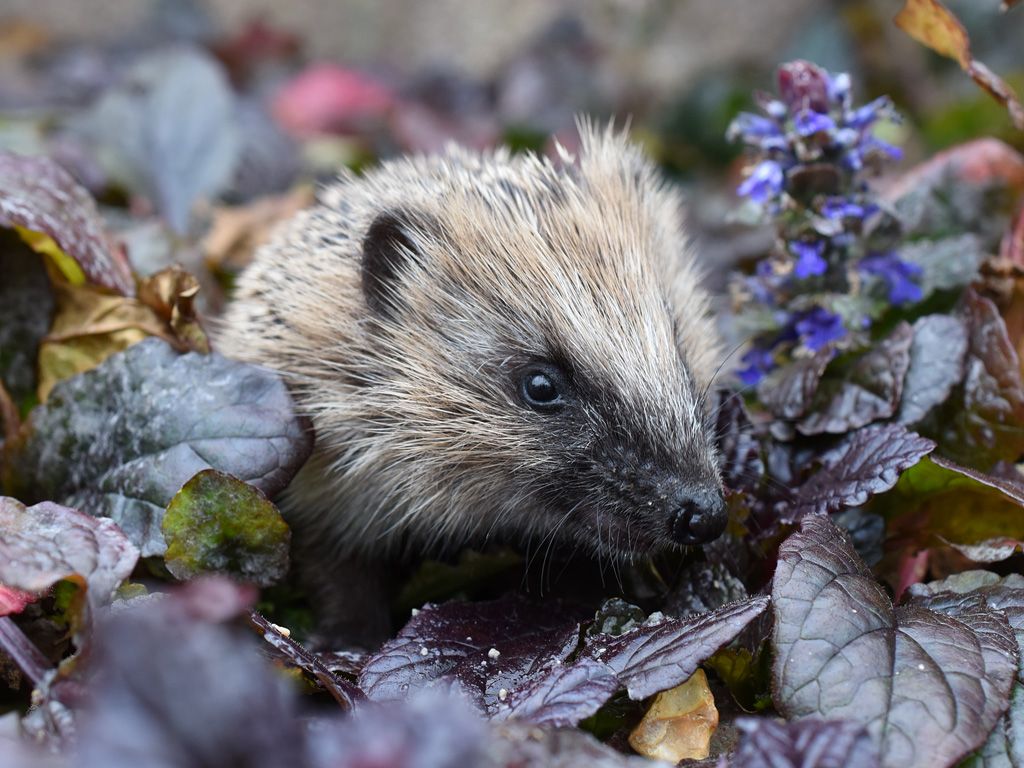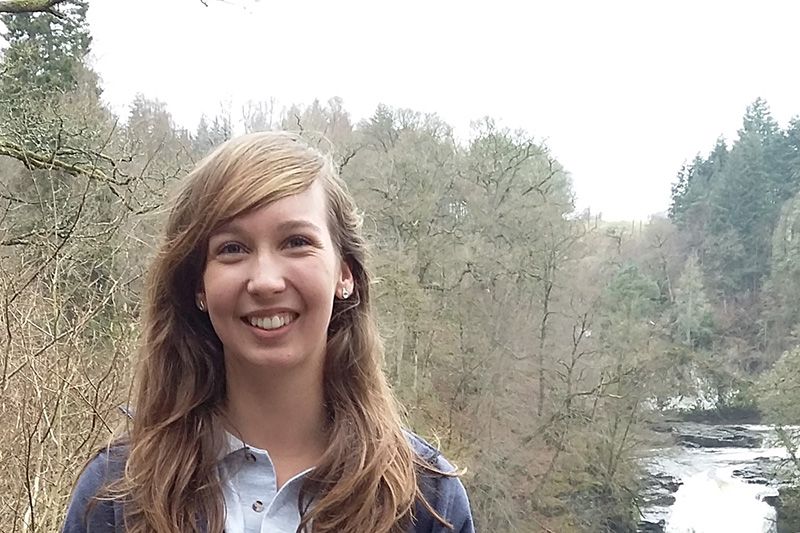Lauren Moore profile


Investigating the impact roads have on the UK’s hedgehogs
Lauren Moore is conducting a long-term study at Nottingham Trent University to determine what impacts roads are having on hedgehogs. We hope her research will help us put in place measures to prevent road deaths.
How did you come to lead your conservation team?
I lead my team as part of my PhD. For several years, I have worked in conservation-focused teams of different sizes, structures and with various stakeholders around the world. From this, I developed the necessary competencies to progress to leadership positions, such as planning skills and flexibility. For example, I organised and managed the student research for a non-governmental organisation, Associação Pró-Muriqui, in the Brazilian Atlantic rainforest. My Master’s in Biodiversity, Conservation and Management at the University of Oxford has undoubtedly brought me to my current position. Not only did I conduct some fascinating research, I gained a huge amount of insight into the socio-economic, political and ethical paradigms of conservation. I believe that an inter-disciplinary skill set is very important to understanding the field and working in an effective team.
What has been your biggest challenge so far?
It is daunting yet incredibly exciting to build a research project for a PhD. The biggest challenge so far has been designing a project that efficiently collects all of the necessary data in a single field season. The various methods, equipment and people involved require extremely careful planning and creativity in order to design feasible and effective fieldwork that achieve the research objectives. So far, this has required difficult decision-making to effectively deal with the trade-offs that are naturally a part of research and to maximise the conservation impact.
What has been your biggest achievement in the field in the past year?
My most recent achievement was my contribution to a forest management plan for a western Madagascan dry forest. This area experiences heavy anthropogenic pressure, leading to deforestation and habitat fragmentation, and so the incredible diversity and endemism of biodiversity is threatened. I collected data on the species-habitat associations of the bird communities in a forest-wetland mosaic, collated and analysed this with seven previous years of data and made some recommendations for the community management of the natural resources. It was amazing to contribute to conservation action that helps both wildlife and local communities, as well as support a recently published paper (doi: 10.4102/abc.v49i1.2416)!
What would you say to aspiring people who want a future in conservation?
Without a doubt, it is vital to talk to as many people in conservation as possible; don’t be afraid to ask about people’s careers or for advice. Whether at a conference or a volunteering group, everyone that you meet has valuable knowledge and, more importantly, a diversity of insight into the field. On a similar note, take as many opportunities as you can. They may bring unexpected skills and knowledge and later be exactly what you need for the application for your dream job. Finally, amidst the bleak picture that reports and newspapers can present, I would argue that it is crucial for those in the conservation field to stay positive. I would recommend reading about the Conservation Optimism movement as motivation can be the greatest catalyst for effective conservation action.
